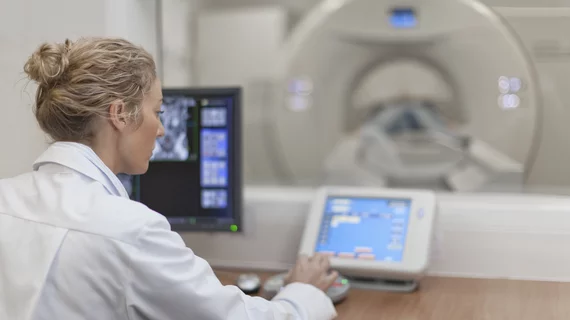Urgent CT request slips through cracks, failing to catch metastases prior to doomed liver resection
A government watchdog is faulting providers for letting an urgent CT request slip through the cracks, allowing a doomed liver resection surgery to move forward.
New Zealand’s Deputy Health & Disability Commissioner detailed the series of mistakes in a recently issued report following a complaint from the patient’s daughter. The original incident occurred in January 2019, when a surgeon deemed an 80-year-old male suitable for surgery to address his liver cancer.
He passed an anesthetic assessment and was placed on a wait list with an eventual April 2019 date for the procedure. However, days before the operation, the unnamed surgeon “Dr. C” realized imaging had not been performed in months, with the octogenarian’s hepatologist ordering an “urgent” CT scan four days prior to surgery.
To expedite the request, it was hand-delivered to the on-duty radiologist who passed it to the CT booking clerk, with the urgent tag lost in the process. Because of that, the surgeon received the scans the morning of the operation with no corresponding radiologist report. Dr. C overlooked small lung nodules indicating the liver cancer had spread and moved on with the resection. If proper procedures were followed, it likely would have been halted, with the man instead transitioning to palliative care.
A radiologist reported on the scans the next day, diagnosing “Mr. A” with prostate cancer and lung metastases, and he later died in 2020, according to the report.
The Health & Disability Commissioner is urging providers to apologize to the patient’s family while declining to fault anyone in the process.
“The missed identification of metastatic lung disease was due to a series of systems failures, including not identifying the need for preoperative imaging until five days prior to surgery, the lack of a system in place to ensure that the CT scan was reported on by a radiologist prior to surgery, and an absence of guidelines, protocols, or policies to guide clinicians who receive images that have not been reported on,” the report noted.
Along with an apology, the commissioner also recommended creating a policy ensuring that imaging taken prior to cancer surgery is reported on and reviewed by a radiologist. The office also advocated for the creation of guidelines to outline which investigations should be considered prior to hepatocellular carcinoma surgery. Plus, the watchdog wants a safeguard to be created to ensure the “appropriate actions occur in a timely manner” prior to surgery.
Providers said they have already implemented a new text messaging system in the radiology department for communicating about urgent reports.

